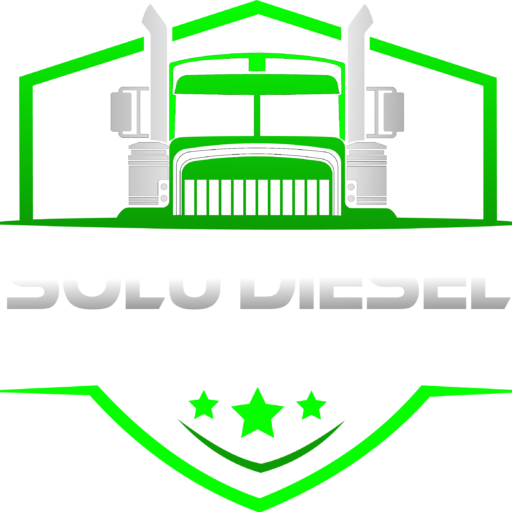GDS HYUNDAI ONLINE
DOWNLOAD GDS HYUNDAI ONLINE
DOWNLOAD HERE.
Hyundai Motor Company has served as the trailblazer of Korea’s automobile industry since rolling out its Pony, developed with its own exclusive technology. Hyundai Motor Company has risen as a globally recognized automobile manufacturer that exports its branded vehicles to over 200 countries. It is equipped with production bases all around the world. It is expanding the automobile market through its success in mass-producing hydrogen-powered vehicles for the first time in the world and launching GENESIS, a high-end brand, while propelling the future mobility industry forward based on its leadership in autonomous driving and connectivity technologies. It seeks to find better solutions for humanity by achieving technological innovation under the aim of “Progress for Humanity”.
Hyundai Motor’s global steady sellers such as the Azera, Sonata, Elantra, Tucson, and Santa Fe models, along with its regionally tailored models optimized for different markets such as China, Europe, Russia etc., have been receiving extremely positive reviews from its customers. Refusing to rest on its laurels and to respond quickly to the rapidly changing auto industry and take the lead in the future mobility market.
Hyundai Motor has secured world class eco-friendly technologies in preparation for the shift to electrified vehicles. In 2013 it began mass production of a hydrogen fuel cell electric vehicle (FCEV), the Tucson (ix35), for the first time in the world, proving its technological expertise in this field. In 2018, the company launched NEXO FCEV, a fuel cell electric car that can run over 580 kilometers on a single charge. Hyundai Motor has also proven itself to be a leader in the area of autonomous driving, with its Autonomous Ioniq Electric vehicle achieving a level 4 standard by Society of Automotive Engineers (SAE) after completing a self driving performance in real road conditions in January 2017. Hyundai Motor will do its utmost to secure competitiveness in future mobility business areas through active investment and collaboration with global information and communications (ICT) leaders and related research institutes.
Chung Ju-Yung was born in North Korea in 1915 as the eldest son of a poor peasant farming family. At the age of 18, he set off for good to Seoul with hopes of finding a better life.
Success was not immediate. He worked in various jobs, such as railway construction, bookkeeping and dock work. Mr. Chung’s first experience as an entrepreneur came in 1938 when he started his own rice store. However, he was forced to close his business a year later because of the policies of the Japanese occupation forces.
After the liberation of Korea in World War II, Mr. Chung went into business repairing trucks for U.S. Armed Forces. He then went into the engineering and construction business, eventually building multibillion-dollar mega-projects around the world.
His venture into the shipbuilding business is legendary. Despite a lack of experience in shipbuilding, he persuaded a customer to give him an order to build a ship for tens of millions of dollars. Now the company that he started is the largest shipbuilder in the world.
By sheer force of effort and creativity, Mr. Chung built businesses that helped make Korea the economic powerhouse that it is today. From humble beginnings, he rose to great heights. But even at the peak of his success, he remained disciplined, lived simply and worked hard.
In his final years, he turned his efforts toward the reunification of Korea. This son of a farmer sought to open avenues of communication between the North and South Korean governments and between the people, north and south. In private talks with leaders, in cross-border business ventures and in grand gestures, such as driving 1000 cattle back to North Korea, he helped bring hope back to the most cherished goal of reuniting the Korean people. It may well be that this final act of kindness and concern, while acting as an ambassador of peace, may be viewed by history as Mr. Chung’s greatest achievement.
Our Honorary Founding Chairman had many great philosophies that he lived by, but the one that we should all remember is: It is failures rather than successes that teach us invaluable lessons – It is not necessary to remember one’s success. That should be remembered by others instead. Rather, we should remember our losses and failures – Those who forget their failures will fail again and again.
Hyundai – An Overview
Hyundai’s cars and sport utility vehicles continue to provide customers a high level of content and performance at an affordable price. Every vehicle in the lineup demonstrates Hyundai’s emergence as an auto manufacturer whose products compete successfully in technology, quality, styling and refinement with automobiles from around the world.
Hyundai sold its first car, the subcompact Excel model, in the U.S. in 1986. At the time, few Americans had ever heard of Hyundai or its products. Since that time, Hyundai has expanded and upgraded its product line in the U.S. and now accounts for more than two percent of the U.S. auto market.
Hyundai now markets a full line of vehicles from the subcompact Accent to the award-winning Santa Fe sport utility vehicle to the luxurious XG350 sedan. The vehicles were developed exclusively by Hyundai Motor Company and are fitted with engines and transmissions designed and engineered by Hyundai.
Hyundai Motor Company
Chung Ju-Yung founded the Hyundai Motor Company in 1947 as Hyundai Engineering and Construction Co. Hyundai Motor Co. (HMC), established in 1967, is the auto sales leader in the Korean domestic market and exports vehicles to 190 countries worldwide.
Hyundai Motor Co. operates the world’s largest integrated automobile manufacturing facility in Ulsan, located on Korea’s southeast coast. In 1996, Hyundai opened the Namyang Technology Research Center, which includes a complete testing facility with a 2.8-mile oval test track and a new $40 million aeroacoustic wind tunnel. That same year, HMC began production at its state-of-the-art Asan Plant, located southeast of Seoul.
Hyundai now operates eight research centers in Korea along with four international centers, including Hyundai America Technical Center, Inc., in Ann Arbor, MI, and Hyundai California Design Center in Fountain Valley, CA. Hyundai’s automotive technology centers employ approximately 4,100 researchers with an annual budget of five percent of current revenues. Current research projects include: electric-powered vehicles, low-emission gasoline engines, solar- powered vehicles, hydrogen-powered fuel cell vehicles and other alternative fuel vehicles.
The Hyundai California Design Center, established in 1990, creates and develops both production vehicles and cutting-edge design concepts for the automotive market. Several innovative vehicles have emerged from the design center including three concept roadsters, HCD-1, HCD-2, HCD-6, a hybrid sport utility vehicle, HCD-3, the CrossTour sport utility vehicle (HCD-5) and the HCD-7 luxury sedan. The influence of the California Design Center can be clearly seen in the sleek lines of the first generation Hyundai Tiburon sporty coupe and the Santa Fe sport utility vehicle.


